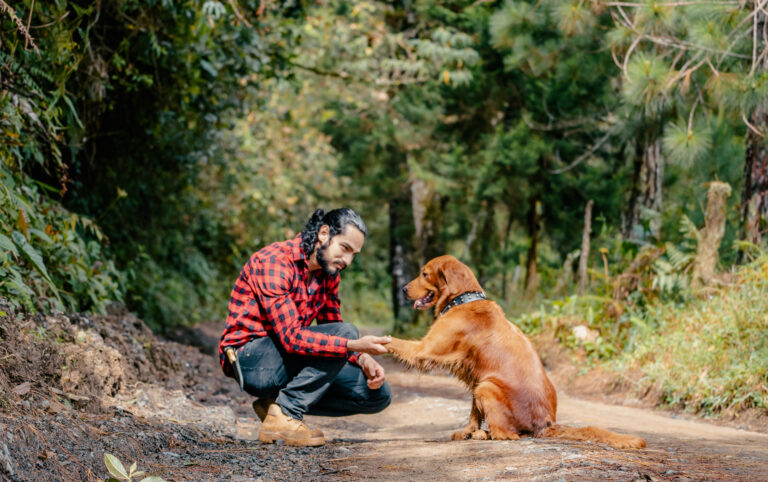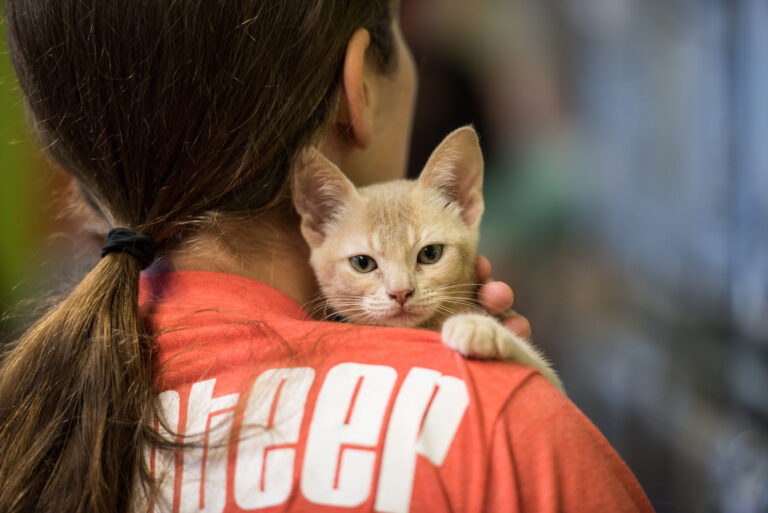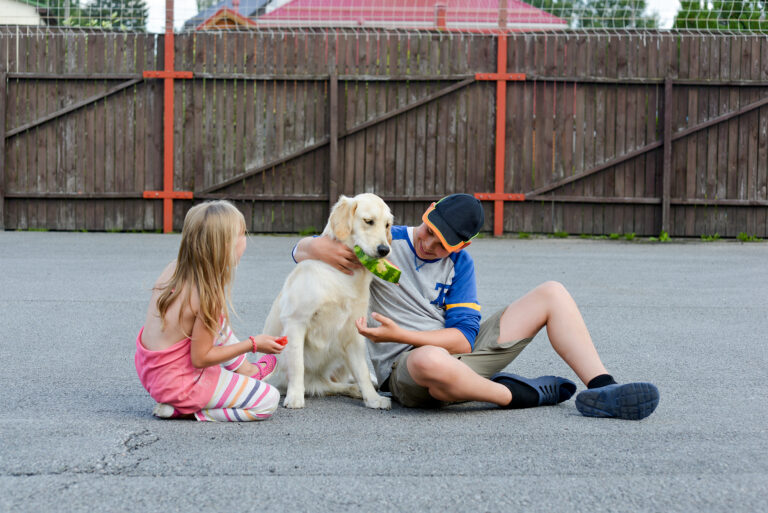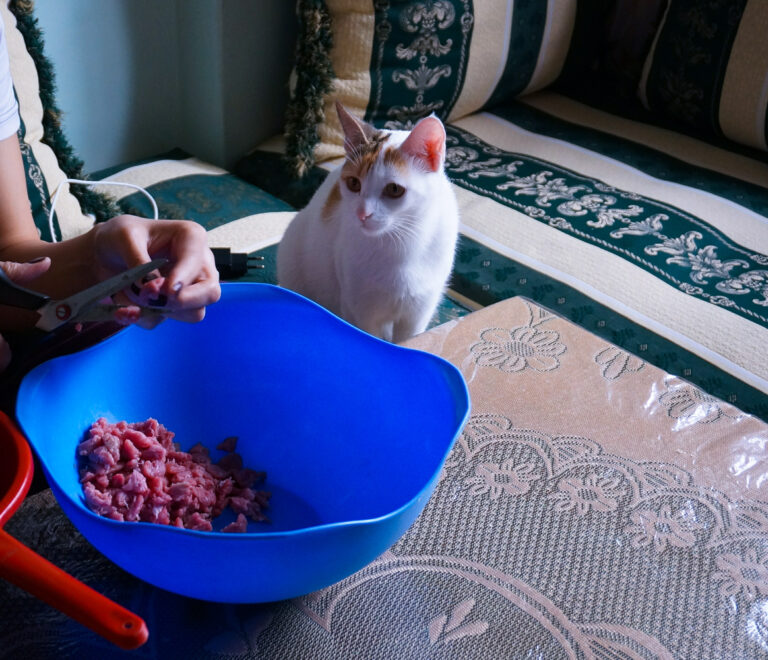The holiday season brings joy, festivity, and an abundance of food. As a pet owner, you might be tempted to share some of your holiday leftovers with your furry companion. However, it’s crucial to know what can and can’t be fed to dogs to ensure their safety and well-being. This guide will help you navigate holiday leftovers, highlighting what is safe and what should be avoided.
Table of Contents
Understanding the Risks: Unsafe Holiday Foods for Dogs
Several holiday foods can pose serious health risks to dogs. Here’s a list of common holiday foods that should never be fed to dogs:
- Chocolate: Chocolate contains theobromine and caffeine, which are toxic to dogs. Even small amounts can cause vomiting, diarrhea, and in severe cases, heart problems.
- Onions and Garlic: These can cause gastrointestinal irritation and could lead to red blood cell damage in dogs.
- Grapes and Raisins: Even in small amounts, grapes and raisins can cause kidney failure in dogs.
- Alcohol: Alcohol can lead to vomiting, diarrhea, difficulty breathing, tremors, and even death in dogs.
- Xylitol: This artificial sweetener, found in many sugar-free products, can cause insulin release leading to liver failure in dogs.
- Fatty Foods: High-fat foods like gravy, buttery dishes, and meat trimmings can cause pancreatitis in dogs.
Safe Holiday Leftovers for Dogs
While many holiday foods are off-limits, there are still plenty of safe options you can share with your dog. Here are some dog-friendly choices:
- Turkey Meat: Plain, cooked turkey is safe for dogs. However, ensure it’s boneless and skinless, as bones can be a choking hazard and skin is often too fatty.
- Green Beans: Plain green beans are a healthy treat for dogs. Just make sure they are free from any added oils or seasonings.
- Carrots: Raw or cooked carrots are a great low-calorie snack for dogs. They are also beneficial for their teeth.
- Plain Pumpkin: Pure pumpkin is a good source of fiber and can help with digestive health. However, avoid pumpkin pie filling as it contains spices and sugar.
- Apples: Apples (without seeds) are safe and can be a refreshing treat for dogs.
Tips for Feeding Holiday Leftovers to Dogs
- Moderation is Key: Always feed leftovers in moderation. Even safe foods can lead to digestive upset if overfed.
- Introduce New Foods Gradually: If your dog hasn’t had a particular food before, start with a small amount to ensure they don’t have an adverse reaction.
- Avoid Seasoned Foods: Many seasonings and spices used in holiday cooking are not suitable for dogs. Stick to plain, unseasoned foods.
- Beware of Bones: Cooked bones can splinter and cause choking or harm your dog’s digestive tract. Always remove bones from meat before sharing.
What to Do If Your Dog Eats Something Harmful
If you suspect your dog has eaten something toxic, contact your veterinarian or a pet poison helpline immediately. Symptoms of food poisoning in dogs can include vomiting, diarrhea, lethargy, and loss of appetite.
In Conclusion
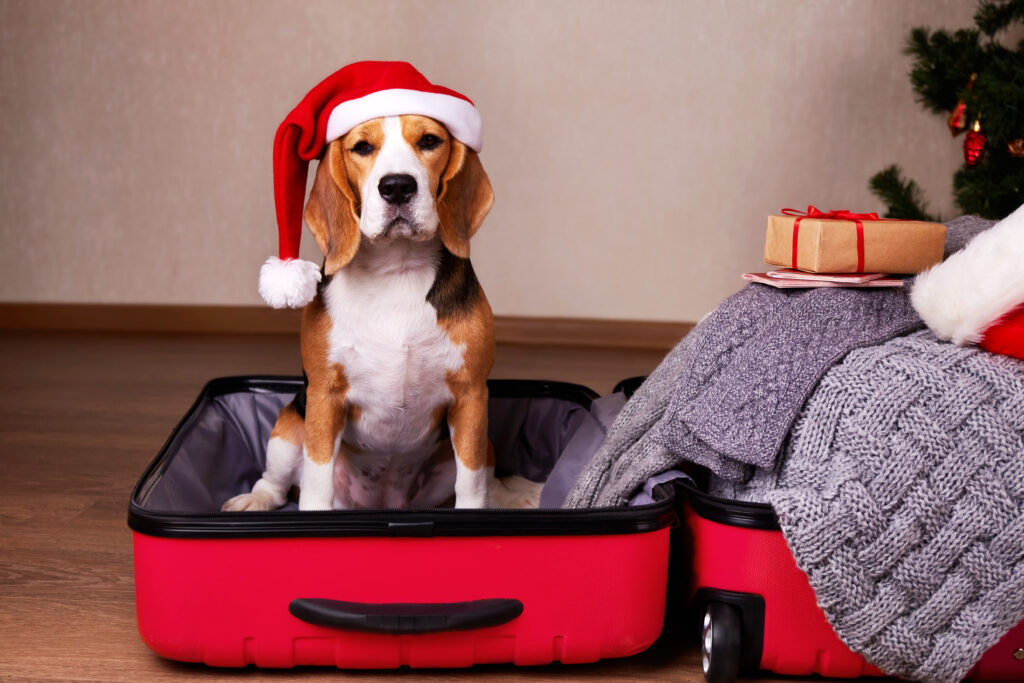
Navigating holiday leftovers for your dog doesn’t have to be a challenge. By understanding what foods are safe and which ones to avoid, you can safely share the festive spirit with your pet. Remember, moderation is important, and when in doubt, stick to your dog’s regular diet. With these guidelines, you can enjoy the holidays knowing you’re keeping your dog safe and healthy.
In conclusion, the holiday season can be a wonderful time to bond with your pet over some special treats. By being informed and cautious about what you feed your dog, you ensure they enjoy the holidays just as much as you do, without any health risks. Keep these tips in mind, and both you and your furry friend will have a happy and safe holiday season.


